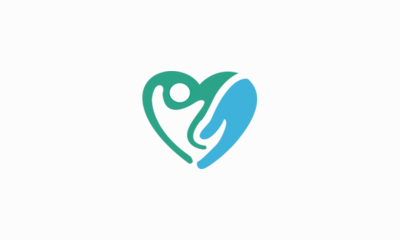As you get older, so do your parents. While they may have a strong desire to remain independent, you might start noticing signs that they could benefit from senior care help. Perhaps they’re having trouble getting around or maybe they experienced an injury due to a fall.
Whatever the circumstances, it’s important to carefully observe your parents’ physical and mental abilities. Sometimes older adults won’t confess they need help while others may not even realize they need help. That’s where you come in.
Here are some common indicators that an older adult may need senior care help.

They’re Not Taking Care of Themselves
Consider your parents’ appearance. Have they lost a considerable amount of weight? This could mean they’re having difficulty shopping for food or preparing meals. Substantial weight loss could also indicate a serious underlying issue such as cancer, depression, or dementia.
Are they keeping to daily routines of bathing and toothbrushing? If you notice poor hygiene or a disheveled appearance, your parents may be struggling with daily grooming.

Their Home is in Disarray
When you visit your parents, look around. Are they able to keep up with household chores? Do you notice a sink full of dirty dishes or an overgrown yard? Are all the lights working?
If your parents are having difficulty keeping up with routine housework and home maintenance, this may indicate that they need assistance. Keep in mind that neglected housework can also signal depression, dementia, or other concerns.
Their Memory is Declining
While some memory loss is a normal part of aging, it’s important to note the difference between common forgetfulness and memory loss that makes it difficult to perform daily tasks such as shopping or driving.
Watch for these signs of worrisome memory loss:
- Frequent confusion about people and places
- Inability to follow simple instructions
- Getting lost in familiar places
- Asking the same questions repeatedly
Their Mood Has Changed
Take a moment to notice your parents’ overall mood and general outlook on life. If they’re no longer in good spirits, it could be a sign of depression or another health concern.
Older adults who don’t get out of the house and engage regularly with others may experience loneliness, which is quickly becoming an epidemic. One in three U.S. adults say they feel lonely, according to the AARP.
If your parents have stopped socializing with others and tend to spend most of their time at home, this could signal a problem. Ask your parents if they regularly get together with friends or if they still make time for their favorite hobbies or daily activities.

They’re Not Keeping Up With Medications
Forgotten medication is a sure sign that a parent may need senior care help. Medication is crucial to good health and may cause a major health setback if not taken appropriately.
Have you noticed too many pills left over or not enough pills remaining for the week or month? Gently ask your parents about it. Maybe they’re having trouble remembering to take their medication or perhaps they can’t swallow tablets or capsules anymore.

They Experience Difficulty Moving Around
Many older adults experience muscle weakness and joint pain that can make it difficult to move around easily. If you see that your parents are unsteady on their feet or unable to walk distances they normally would be able to handle, take note.
Also look to see if your parents hold onto furniture when moving around the house. This could indicate mobility issues, which could put them at a greater risk of falling.
Falls are the leading cause of fatal injury and the most common cause of nonfatal, trauma-related hospital admissions among older adults, according to the U.S. Center for Disease Control and Prevention. One in four Americans age 65 and older fall each year, which can lead to further physical decline.
Extending a Helping Hand
Everyone needs help sometimes. Your parents are no different. If you notice any of the above signs that your parent may need senior care help, take the steps to get them the care they deserve. Let Senior Care Center help you explore assisted living options.





